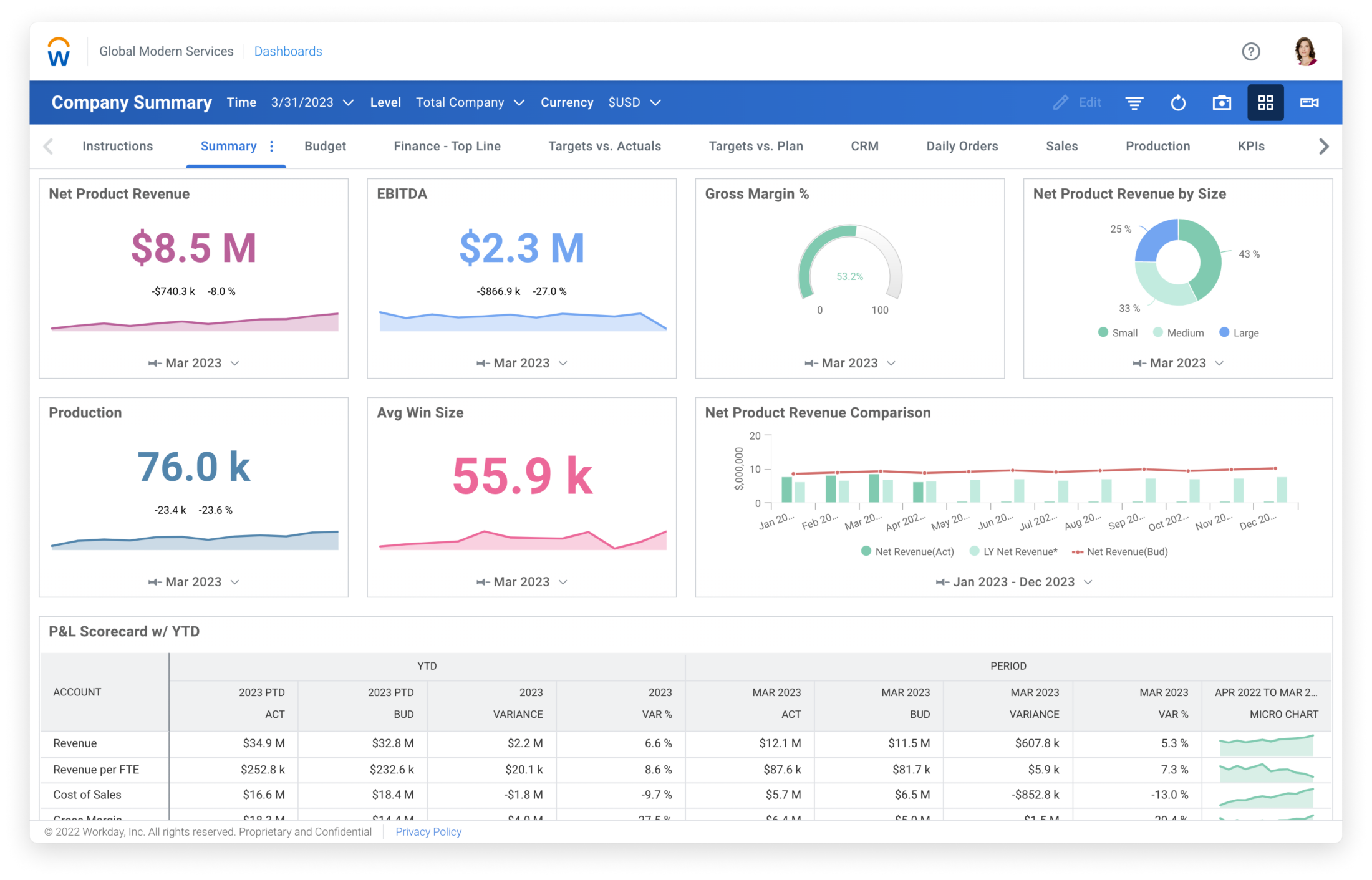

Understanding Workday Reporting
Workday provides robust reporting capabilities, enabling organizations to customize reports based on specific user requirements. These reports can be exported to formats such as MS Excel, facilitating effective data handling, analysis, and decision-making.
Types of Workday Reports
Basic Reports - Offer simple features for everyday reporting, such as payroll information, vacation accruals, and employee data. Users can generate reports regularly or on request, exporting them in PDF or Excel.
Advanced Reports - Provide extensive functionality, including multi-level sorting, detailed filtering, and multi-data object reporting. Key features include:
Automatic data access security
Totals and subtotals
Interactive columns
Basic visualizations (bar charts, pie charts)
Integration with Enterprise Interface Builder (EIB)
Composite Reports - Designed for complex financial scenarios, handling intricate computations typically required only in specific cases.
Workday Reports Based on User Roles
Steps to Run a Report in Workday
Conclusion
Workday reporting is crucial for effective organizational management, supporting strategic decision-making through detailed analytics and efficient data management. Leveraging Workday reports enhances human capital management (HCM) strategies and operational efficiency.
Related Articles:
Contact Us